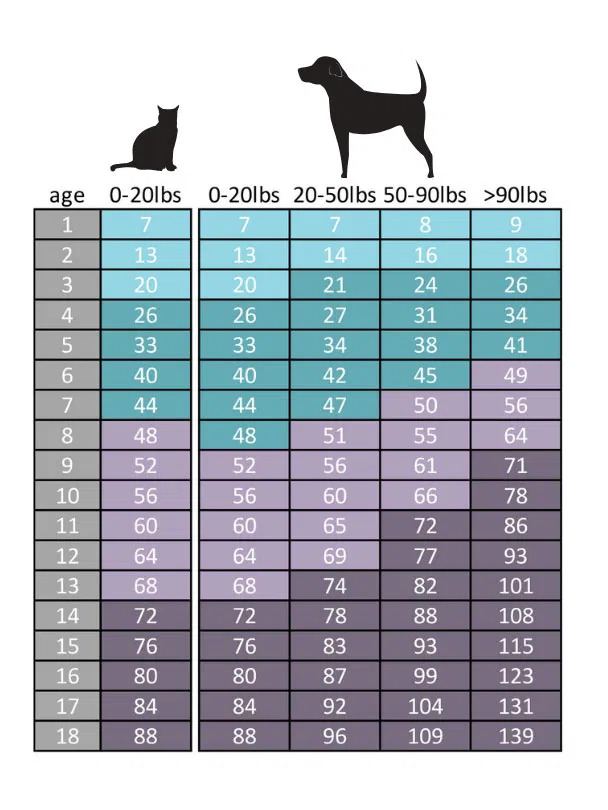Encouring wellness and prevention helps improve quality of life and can lower costs, too. – Dr. Charles Boustany
WHAT ARE WE LOOKING AT WITH WELLNESS LABWORK
Our wellness labwork bundles are comprehensive and allow us to look at a number of different body systems, such as:
- Heart Function: Specific blood tests can give us an indication if the heart is working harder than expected, even in the absence of clinical signs
- Liver: Elevated liver enzymes indicate a possible alteration in protein and fat metabolism, digestion, and waste elimination, or other potential liver abnormality
- Pancreas & Intestines: Elevated pancreatic enzymes indicate inflammation in the pancreas, which can be associated with diabetes or digestive disorders
- Kidneys: New biomarkers are now measured to detect kidney disease earlier than ever before, well before the onset of clinical signs
- Thyroid: Abnormal thyroid hormone levels indicate an underlying thyroid disorder, which can significantly affect your pet’s metabolism
- Blood: A complete blood count (CBC) measures white and red blood cells, as well as platelets. A blood test can also detect viral, bacterial, and parasitic diseases
- Urine: Urine tests help to diagnose urinary tract infections and bladder stones. They can also tell us about kidney function and some cancers
- Fecal Diagnostics: Routine fecal testing can detect intestinal parasites, in many cases before clinical signs, such as diarrhea, become apparent
ONCE A YEAR, EVERY YEAR
Pets age significantly faster than humans. Your pet will age approximately 7 years for every calendar year, with large and giant breed dogs aging even faster. While age is not a disease, advancing does increase the risk of your pet will develop underlying organ dysfunction. Running labwork once yearly, year after year, not only allows us to establish baseline values but it also allows us to monitor trends over time, increasing the likelihood that we can detect disease in the earliest stages.

TALK TO YOUR VETERINARIAN
As always, we strongly recommended that you discuss any and all health concerns with your pet’s veterinarian. Wellness care is truly a partnership between the pet parent and the veterinarian. Together we can work hard to achieve our goal of keeping our furry family members happy and healthy for as long as possible.

